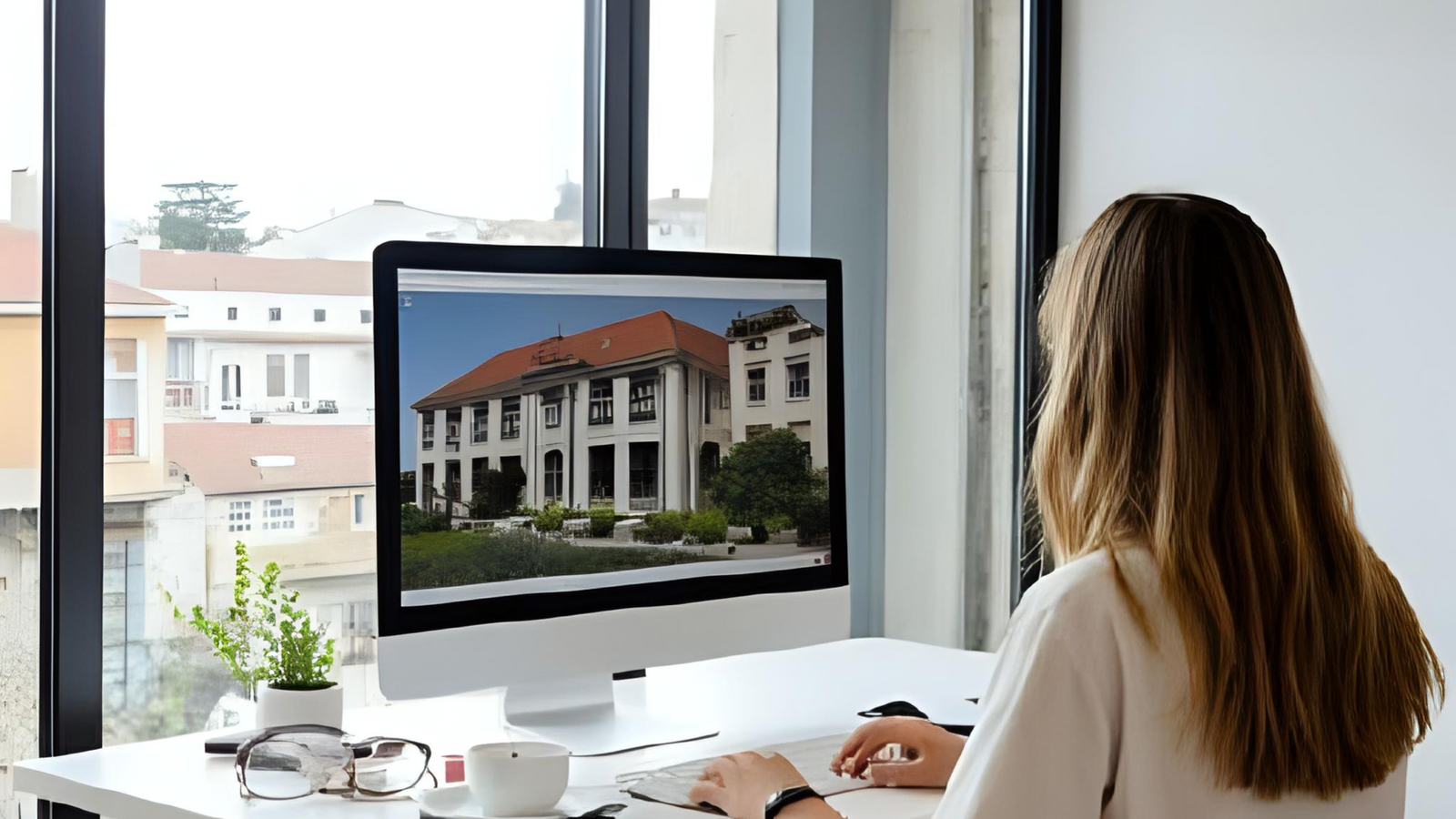French Rare House for Sale: A Guide to France’s Most
February 22, 2026


Are you imagining yourself strolling through cobblestone streets, enjoying fresh pasteis de nata, or waking up to stunning ocean views in the Algarve? Then, buying property in Portugal might be the next big move for you! But you may wonder: how to buy property in Portugal as a foreigner? With Portugal’s booming real estate market and international-friendly policies, the process is more accessible than you may think.
Whether you’re looking for a holiday home, a sound investment, or a jumping-off point for a new life abroad, Portugal welcomes overseas buyers with open arms. In this comprehensive guide, we’ll walk you through every step of the process, from property hunting to settling into your new Portuguese home.
Absolutely! Portugal is one of Europe’s most welcoming countries for foreign property buyers. There are no restrictions on foreigners purchasing real estate, whether you want a city apartment in Lisbon, a villa in the Algarve, or a countryside retreat in Alentejo. Plus, ownership rights are the same for locals and non-residents.
Before you can buy property in Portugal, you’ll need a Número de Identificação Fiscal (NIF). This is a tax identification number required for any significant financial transaction.
How to get it:
Opening a bank account in Portugal is usually straightforward for foreigners. You’ll need it for transferring funds, paying notary and legal fees, and setting up utility bills.
You can browse Portuguese real estate for sale online (Idealista, Imovirtual, Remax, Engel & Völkers) or work with a licensed real estate agent (“imobiliário”). An agent can help you find suitable properties, arrange viewings, and negotiate terms.
Tip: Always check if the agent is registered with the Instituto da Construção e do Imobiliário (INCI).
Once you find your dream property, make a formal offer through your agent. Negotiation is quite typical, so don’t hesitate!
While not mandatory, hiring an independent English-speaking lawyer will safeguard your interests throughout the purchase. Your lawyer can:
After agreeing on the price, you’ll sign a promissory contract and pay a deposit (usually 10% to 30%). This contract outlines the final terms and commits both parties to the sale.
The transaction concludes with signing the “Escritura Pública de Compra e Venda” at a notary or solicitor’s office. The remaining balance is paid, and the property is officially transferred to your name.
Don’t forget to immediately register your ownership at the Land Registry (Conservatória do Registo Predial)!
When buying property in Portugal as a foreigner, budget for these common expenses:
Yes! Many Portuguese banks offer mortgages to non-residents—typically up to 70% of the property value. Requirements may include proof of income, a good credit score, and a significant down payment.
For non-EU buyers, Portugal’s Golden Visa program is highly attractive. By investing in property (minimum investment thresholds apply), you may qualify for residency, visa-free Schengen travel, and even a path to citizenship.
Note: As of 2024, Golden Visa rules have changed, so check the latest requirements or consult an immigration lawyer.
Q: Is it safe to buy property in Portugal as a foreigner?
A: Yes! With a transparent legal system and proper due diligence, the process is secure for international buyers.
Q: How long does the buying process take?
A: About 1 to 3 months for most transactions.
Q: Can I buy property in Portugal remotely?
A: Yes, with power of attorney and a good legal representative, you can buy property without being present in Portugal.
Now you know how to buy property in Portugal as a foreigner: get your NIF, open a bank account, find your dream home, negotiate, hire a lawyer, sign contracts, and finally enjoy the keys to your Portuguese sanctuary! With a little planning, professional support, and attention to detail, the process can be smooth and rewarding.
Are you ready to make Portugal your next home or investment destination? The Portuguese lifestyle, from Atlantic beaches to charming cities, is waiting for you!
If you found this guide helpful, share it with friends or explore more on how to make your move to Portugal as seamless as possible!
February 22, 2026
February 20, 2026
January 27, 2026
January 27, 2026